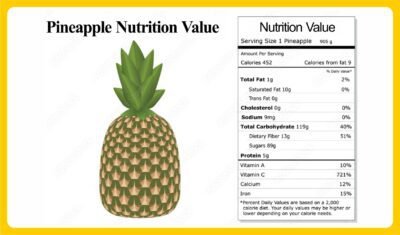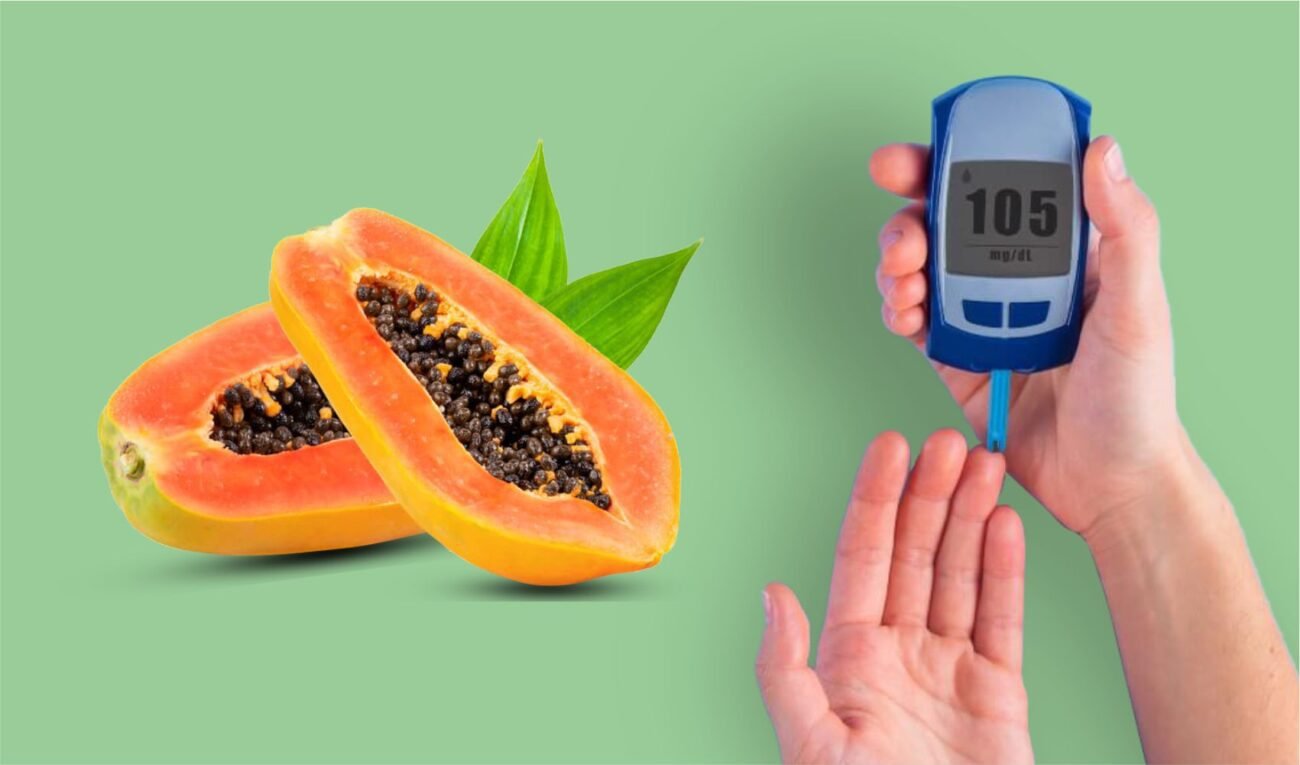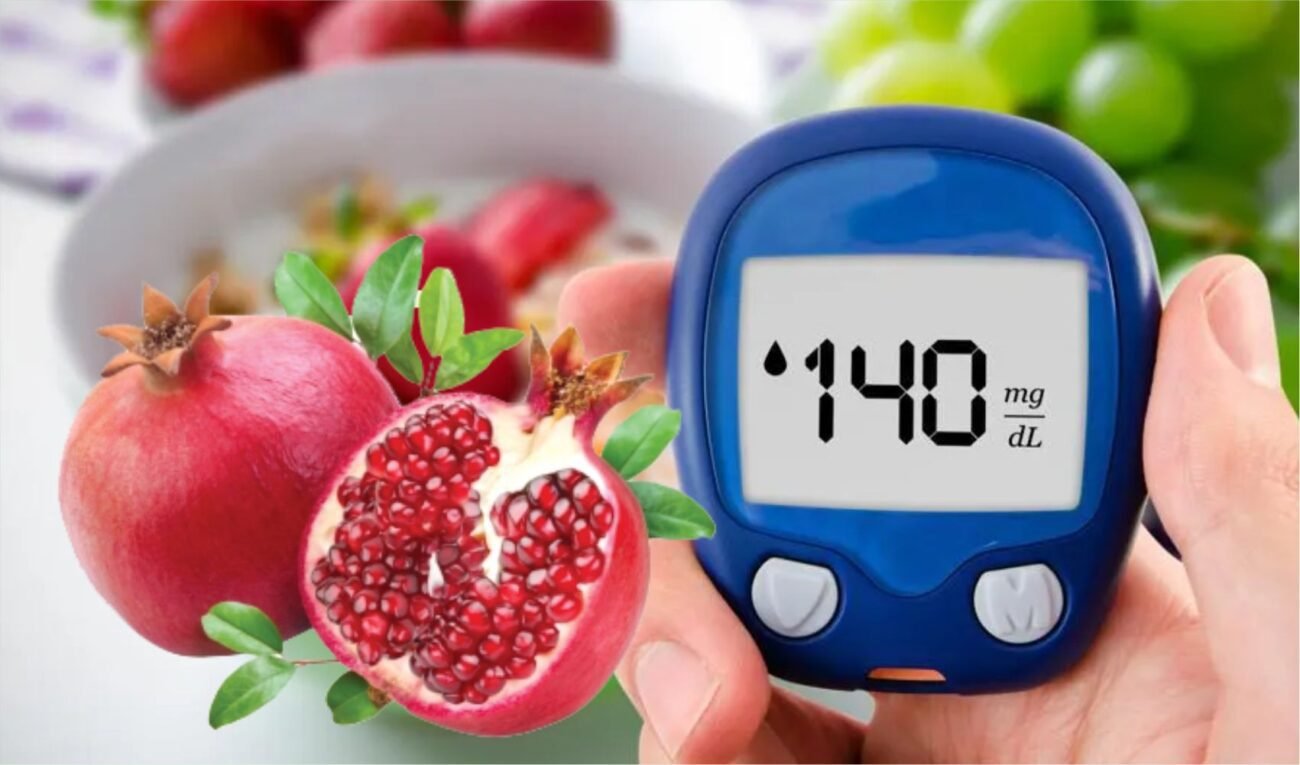Is Pineapple Good for Diabetics – Diabetes-Friendly Delight

Is pineapple good for diabetics? This question often arises among individuals looking to manage their diabetes through their dietary choices. Diabetes requires careful consideration of the foods we consume, and pineapple’s sweet and tangy allure makes it an intriguing topic. In this article, we will delve into the nutritional aspects of pineapple, its potential impact on blood sugar levels, and whether it can be considered a diabetes-friendly fruit.
Diabetes, a chronic condition affecting millions worldwide, necessitates careful attention to one’s diet. Pineapple, with its vibrant taste and juicy texture, has left many wondering whether it can be a part of a diabetic-friendly eating plan. Let’s explore this tropical fruit’s nutritional profile and how it interacts with blood sugar levels.
Understanding Diabetes and Dietary Choices
Diabetes is characterized by the body’s inability to regulate blood sugar effectively. As a result, individuals with diabetes must be mindful of their carbohydrate intake, as carbohydrates have a direct impact on blood sugar levels. Making informed dietary choices is essential to prevent sudden spikes or drops in glucose levels.

Nutritional Value of Pineapple
Pineapple is not only delicious but also a source of essential nutrients. It is rich in vitamin C, manganese, and dietary fiber. These components contribute to a healthy immune system, bone health, and digestion. However, pineapple also contains natural sugars, which raises concerns for those managing their blood sugar.
May You Like This – Is Carrot Good for Diabetes
Impact of Pineapple on Blood Sugar
The natural sugars in pineapple include sucrose, glucose, and fructose. While these sugars are more wholesome compared to refined sugars, they can still affect blood sugar levels. The glycemic index (GI) and glycemic load (GL) of pineapple come into play here.
Glycemic Index and Load Explained
The glycemic index calculates the pace at which a food containing carbohydrates elevates blood sugar levels. Pineapple has a moderate GI, indicating that it can cause a gradual increase in glucose levels. However, the glycemic load considers the serving size along with the GI. This gives a more accurate picture of a food’s actual impact.
Benefits of Pineapple Consumption
Despite its natural sugars, pineapple boasts numerous health benefits. It’s rich in antioxidants that combat inflammation and oxidative stress. Bromelain, an enzyme found in pineapple, may aid digestion and reduce inflammation. These benefits make pineapple an attractive option for many, including diabetics.
Portion Control and Moderation
Like many things in life, moderation is key. For diabetics who wish to enjoy pineapple, portion control is vital. Opt for a small serving and pair it with protein or healthy fats to slow down the absorption of sugars.
Incorporating Pineapple into a Diabetic Diet
If you decide to include pineapple in your diet, consider doing so as part of a balanced meal plan. Spread your carbohydrate intake throughout the day and monitor your blood sugar levels to understand how pineapple affects you personally.

Delicious and Nutritious Pineapple Recipes
There are various creative ways to enjoy pineapple while keeping your blood sugar in check. Try adding it to yogurt, blending it into smoothies with protein and vegetables, or using it as a topping for whole-grain pancakes.
Other Fruits for Diabetics to Consider
While pineapple can be consumed in moderation, it’s essential to explore other low-GI fruits as well. Berries, apples, pears, and citrus fruits are excellent options that offer vitamins, minerals, and fiber without causing rapid spikes in blood sugar.
Consulting Your Healthcare Provider
Before making any significant changes to your diet, especially as a diabetic, it’s crucial to consult your healthcare provider or a registered dietitian. They can provide personalized guidance based on your medical history, current condition, and dietary preferences.
Debunking Common Myths about Pineapple and Diabetes
There are several misconceptions about pineapple and its effects on diabetes. One myth is that pineapple should be completely avoided. In reality, moderate consumption can be integrated into a diabetes management plan.
Maintaining a Healthy Lifestyle Alongside Pineapple Consumption
Incorporating pineapple into your diet should go hand in hand with other healthy lifestyle choices. Regular physical activity, sufficient sleep, and stress management contribute significantly to diabetes management.

Staying Active and Its Role in Diabetes Management
Blood sugar levels can be greatly regulated by exercise. Engaging in a consistent workout routine enhances insulin sensitivity, helping your body use glucose effectively. Even a daily brisk walk can make a positive difference.
Conclusion
In conclusion, pineapple can be a diabetes-friendly delight when consumed mindfully and in moderation. Its nutritional value and potential health benefits make it an appealing choice for individuals with diabetes. By understanding its glycemic impact and incorporating it thoughtfully into a balanced diet, you can savor the sweetness of pineapple without compromising your blood sugar control.
FAQs
Q1: Can I eat pineapple if I have diabetes?
A: Yes, you can enjoy pineapple in moderation. Keep an eye on your blood sugar levels and pay attention to portion quantities.
Q2: Is fresh pineapple better than canned pineapple for diabetics?
A: Fresh pineapple is preferable as it contains fewer added sugars and retains more nutrients.
Q3: Can pineapple help lower blood sugar?
A: While pineapple has some health benefits, it’s not a substitute for diabetes medication or a proper diet.
Q4: Are there any side effects of eating too much pineapple?
A: Excessive pineapple consumption might lead to digestive discomfort due to its bromelain content.
Q5: How frequently can I include pineapple in my diabetic meal plan?
A: It’s best to consult your healthcare provider or dietitian to determine an appropriate frequency based on your individual needs.



